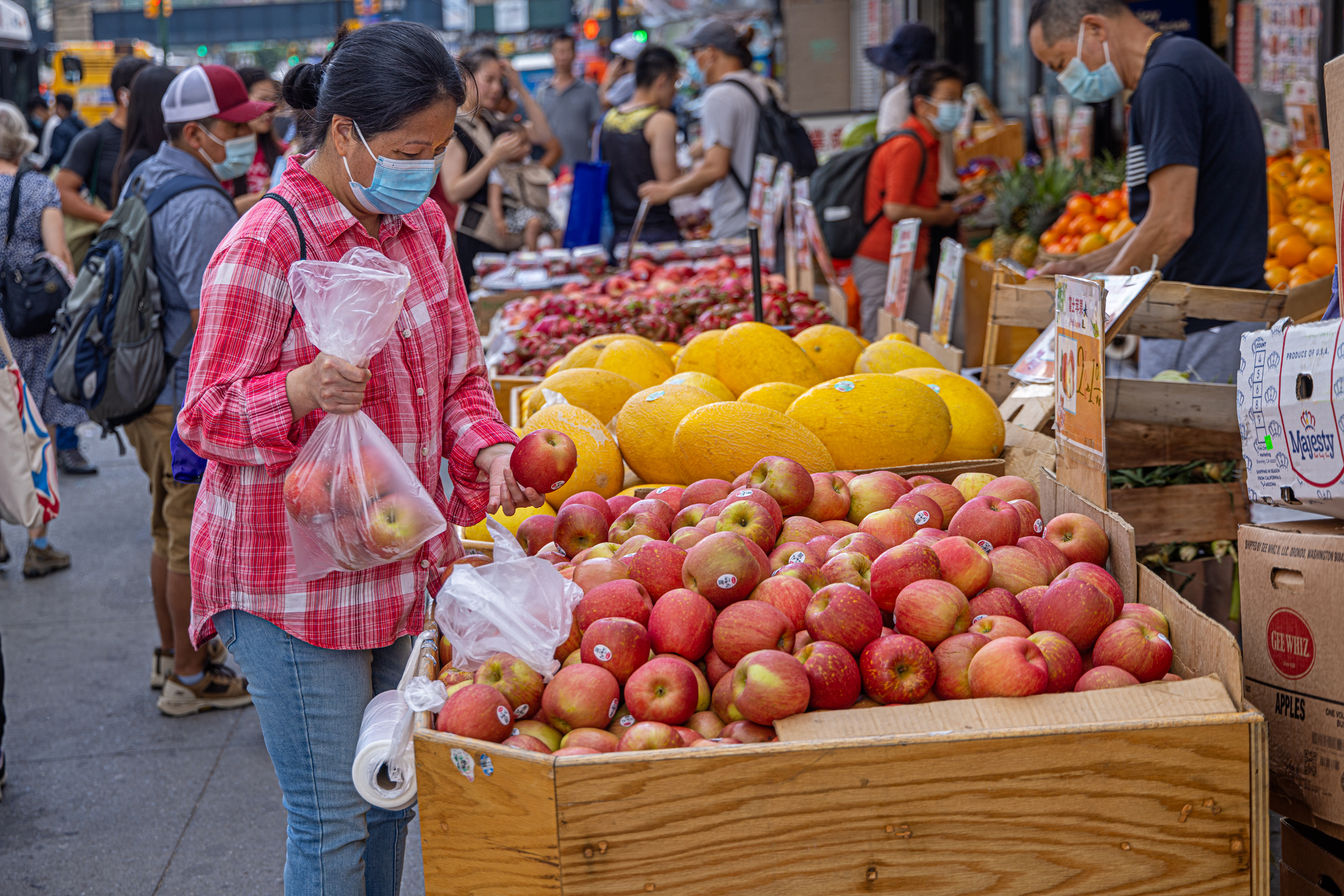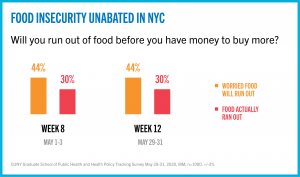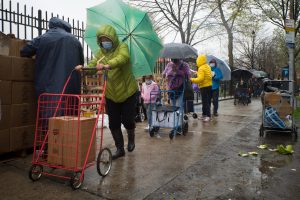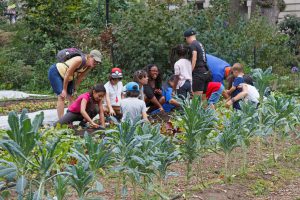In a recent article, Associate Professor Nevin Cohen discusses the opportunities presented by COVID-19 to address not only the symptoms of food insecurity, but the root causes as well.
The COVID-19 pandemic disrupted food systems in New York City, disproportionately impacting the most vulnerable populations. City officials responded with emergency measures to stave off food insecurity and hunger, but also sought to address other social equity issues, such as fears of engaging with food programs by immigrant communities, disparities in access to online grocers, worker rights and worker ownership, and new priorities for the use of public space.
In the article, published in Food Governance, Dr. Cohen says emergency responses to the NYC COVID food crisis contain within them the seeds of social change. He analyzes a set of policy initiatives that attempt to avert hunger and malnourishment and seek to advance equity in the food system.
“By widening access to public food programs for immigrants, protecting low wage food workers from health-harming labor practices, expanding access to online food ordering to low-income communities and smaller food businesses, creating new opportunities to open worker-owned businesses, and making public spaces more available to restaurants by limiting space for car parking, New York City has shown that municipal responses to the COVID-19 pandemic can advance a more equitable food system and a more just city,” Dr. Cohen says.




